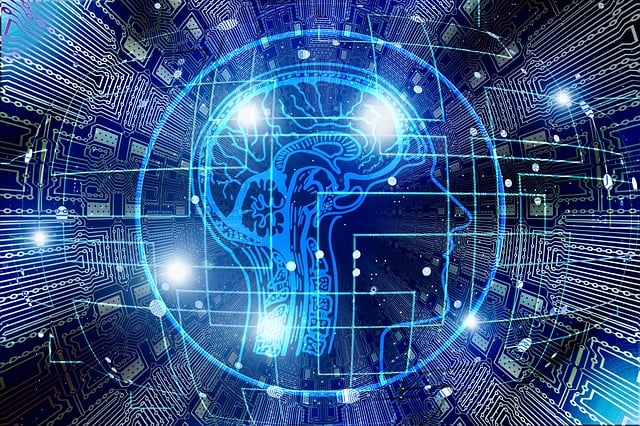- AI Model Aids Early Detection of Autism
- How the AI Model Works
- Importance of Early Diagnosis
- Future of AI in Autism Diagnosis
- Conclusion
AI Model Aids Early Detection of Autism
Early detection of autism spectrum disorder (ASD) has long been a challenge for both parents and healthcare professionals. However, with advancements in machine learning, a new AI model aids early detection of autism by analyzing limited medical and background information. This revolutionary tool, developed by researchers from Karolinska Institutet, promises to significantly enhance early diagnosis and interventions for children under two years old.
According to a recent study published in JAMA Network Open, the AI model, named ‘AutMedAI’, was able to predict autism with an accuracy of nearly 80%. This machine learning model is designed to assess simple medical data and developmental milestones, such as the age of the first smile and eating habits, without the need for complex clinical tests.
How the AI Model Works
The AI model developed by Karolinska researchers was trained on data from the SPARK database, which contains information from over 30,000 individuals with and without autism. By analyzing a combination of 28 parameters, including social communication abilities and cognitive development, the model can accurately identify children who are at high risk of developing autism.
Interestingly, one of the critical predictors in the AI model is the age at which children first begin speaking in short sentences, which can often be delayed in children with autism. Additionally, the presence of eating difficulties was also found to be a strong predictor of ASD. The model uses these and other factors to flag children who may need further assessment.
Importance of Early Diagnosis
The significance of early detection cannot be overstated. The earlier autism is identified, the sooner tailored interventions can be implemented to support the child’s development. According to Shyam Rajagopalan, the lead researcher in this study, early diagnosis can drastically improve the quality of life for children with autism, ensuring they receive the necessary care and educational resources.
AutMedAI excels in identifying children with more extensive difficulties in social communication and cognitive ability, enabling timely interventions for children who may otherwise face delays in diagnosis.
Future of AI in Autism Diagnosis
Despite the promising results, the researchers emphasize that the AI model is not meant to replace clinical assessments. Instead, it acts as a valuable tool that can complement traditional diagnostic methods. Currently, the team is working on incorporating genetic information into the model to improve its specificity and accuracy.
Further clinical trials are planned to test the model’s effectiveness in real-world healthcare settings. Once fully validated, this AI technology has the potential to become a routine part of pediatric check-ups, offering quicker and more accessible autism screening.
Conclusion
In conclusion, this AI model aids early detection of autism by offering an innovative approach to diagnosing ASD in children under two. With its ability to analyze minimal medical data, this model holds promise for reducing the age of autism diagnosis and ensuring children get the support they need as early as possible.
Sources
Machine Learning Prediction of Autism Spectrum Disorder From a Minimal Set of Medical and Background Information:

